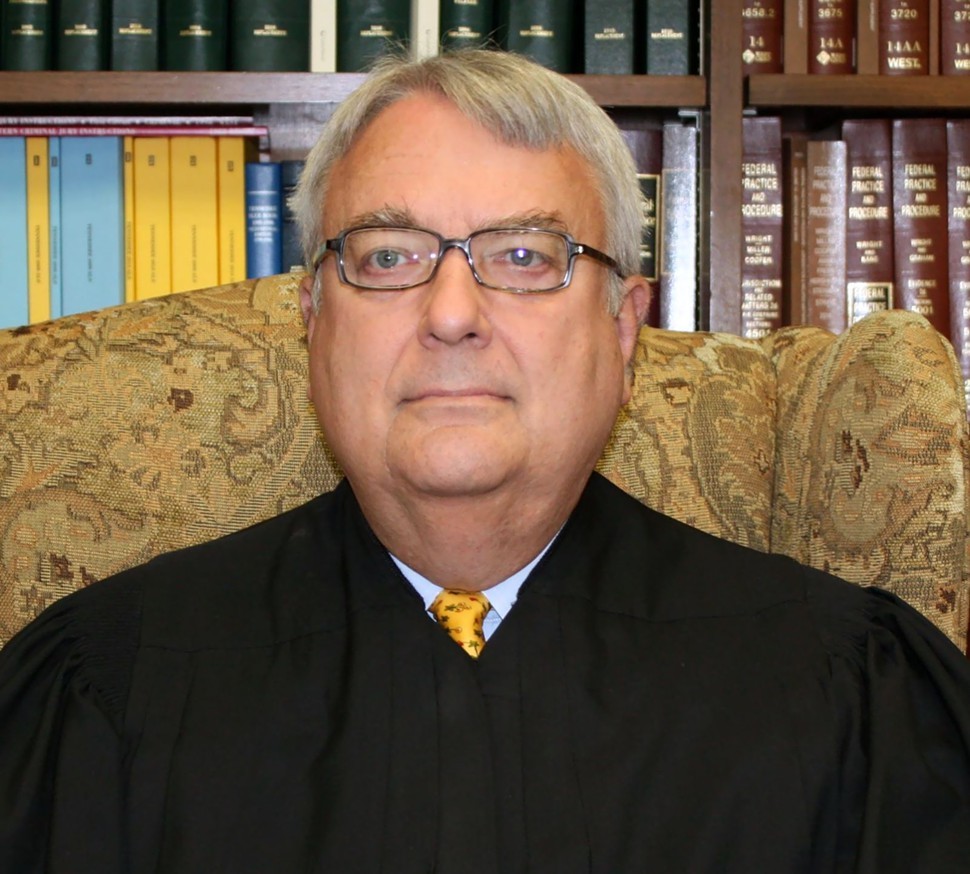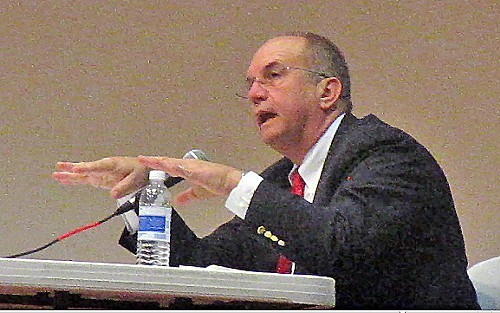On Monday, in the wake of a final dismissal of Shelby County’s long-running school litigation, there were cries of satisfaction from most of the parties who had taken part in the legal struggle. “Hallelujah!” Bartlett Mayor

Keith McDonald was quoted as saying — and perhaps he was entitled to such exultation. It was McDonald, after all, who had, early and often, carried the fight for municipal school independence on behalf of his and the five other suburbs — Germantown, Collierville, Arlington, Lakeland, and Millington.
No doubt he was entitled to celebrate. McDonald was, after all, a “winner” in the sense that his efforts had paid off and Bartlett had finally gotten its legal divorce from the school system of Memphis, after a merger of Memphis City Schools (MCS) with Shelby County Schools that the suburbs clearly regarded as unwelcome. Perhaps it should also be counted as a plus for Bartlett, as for the other suburbs, that each of them gets to chart its own course educationally, though the jury will stay out on that one for some years. Shelby County Commissioner Mike Ritz, a Germantown resident and a sometime banker, has warned that the long-term tax burdens on the suburban municipalities are likely to be overwhelming. Time will tell.
It is unlikely that Sharon Goldsworthy, the outgoing mayor of Germantown, felt quite as exhilarated as McDonald. The terms of the final settlement stripped her city of three flagship schools — Germantown High School, Germantown Middle, and Germantown Elementary — though that outcome owed a great deal to her own reluctance to offer long-term guarantees for servicing the student majority — residents of unincorporated Shelby County — at those schools.
Others who might not be so delighted about how things turned out might — or should — include Martavius Jones and Tomeka Hart, the Memphis school board members who took the lead in forcing the surrender of the MCS charter, thereby bringing about a “merger” that could not last — as well as the reemergence of separate city and county school blocs that are more unwieldy than the ones they replaced. Even if Jones and Hart won’t say as much, any number of other well-intentioned citizens who supported the charter surrender in December 2010 have been heard to lament the impossibility of putting the toothpaste back in the tube.
What about the 21 blue-ribbon citizens, members of the ad hoc Transition Planning Commission, who labored so diligently back in 2011-12 to bring forth a model merger document that was as roundly ignored and as impractical in the long run as a Constitution for the Republic of Atlantis? They surely can’t be celebrating.
A case can be made that the city of Memphis, by climbing out of a $58 million annual maintenance-of-effort obligation to the now defunct MCS, has come out a winner — as if any monetary gain could make much of a dent in the somewhat dire circumstances of city finances. And Memphis taxpayers, as citizens of Shelby County, will still have to shoulder the burden of that MOE.
Still, it’s over, and maybe in the long run it will all work out — though at the moment that seems to be a pretty hard sell.

